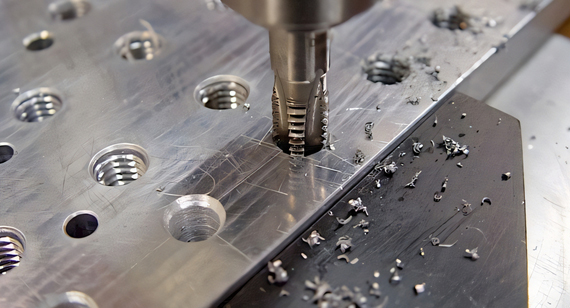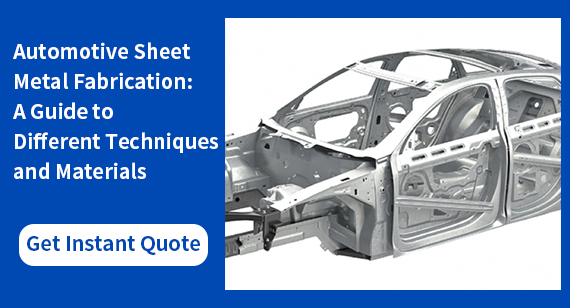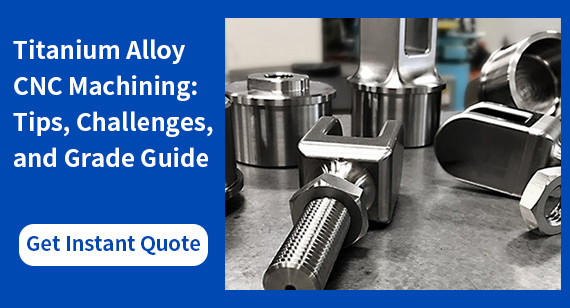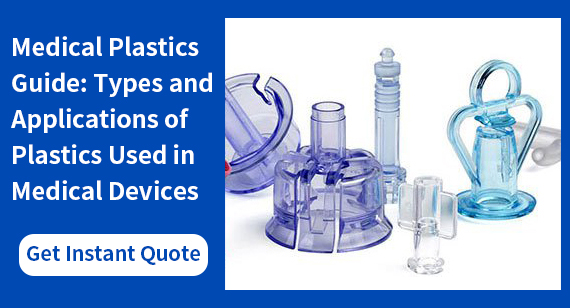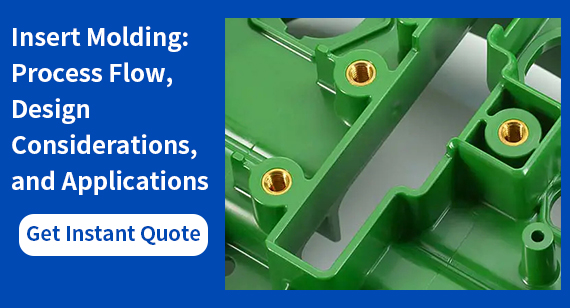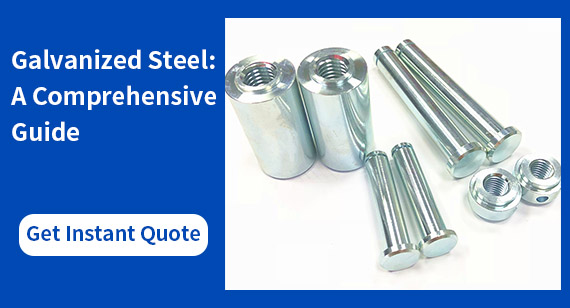15 years one-stop China custom CNC machining parts factory
The VMT blog is dedicated to sharing our hard-earned knowledge in prototype manufacturing. We hope these articles will help you optimize your product designs and gain deeper insight into the world of rapid prototyping. Enjoy the read!
Get an Instant Quote VMT
VMT  2024 09 16
2024 09 16 In the world of CNC machining and manufacturing, tapped and threaded holes play a critical role in assembling parts, securing fasteners, and providing mechanical integrity in structures. Whether you're dealing with custom CNC machining parts or large-scale production runs, understanding the differences between tapped holes and threaded holes is crucial for achieving high-quality results. This article explores the distinctions between these two types of holes, their processes, similarities, limitations, and applications. By the end of this guide, you'll have a comprehensive understanding of how both tapped and threaded holes are essential to CNC machining services and how to make the best choice for your specific project.
 66
66
 Read more
Read more
 VMT
VMT  2024 09 15
2024 09 15 Automotive sheet metal manufacturing is a vital part of the automotive industry, playing a crucial role in creating everything from the car's frame to intricate components used in the engine bay and interior. The use of sheet metal in automotive manufacturing is essential for producing lightweight, strong, and durable parts that ensure vehicle safety, fuel efficiency, and aesthetic appeal. This comprehensive guide explores the different types of sheet metal used in the automotive sector, the various fabrication techniques employed, and the specific challenges and tips for ensuring high-quality results in automotive sheet metal manufacturing. Whether you are dealing with automotive CNC machining parts or custom CNC machining services, understanding the nuances of sheet metal fabrication is key to producing efficient, cost-effective automotive components.
 66
66
 Read more
Read more
 VMT
VMT  2024 09 14
2024 09 14 Titanium CNC machining is a specialized manufacturing process used to create high-precision parts from titanium alloys. Known for its strength, durability, and corrosion resistance, titanium is widely used in industries such as aerospace, medical, automotive, and marine. However, the process of machining titanium comes with unique challenges due to its chemical properties, high reactivity, and heat generation during cutting. This guide will provide a detailed look into why titanium is chosen for CNC machining, the challenges involved, practical tips for success, the various titanium grades, and the most effective tools and techniques for machining this metal.
 66
66
 Read more
Read more
 VMT
VMT  2024 09 13
2024 09 13 Medical plastics play a crucial role in modern healthcare, offering a combination of safety, versatility, and durability. These plastics are used in various medical devices, from surgical instruments to implants, due to their biocompatibility, ease of sterilization, and cost-effectiveness. As the healthcare industry grows, so does the demand for high-quality medical plastic materials, which are produced through precision CNC machining and injection molding techniques. This guide explores the types of medical plastics, their applications, and the advantages they offer to healthcare professionals and patients alike.
 66
66
 Read more
Read more
 VMT
VMT  2024 09 12
2024 09 12 Insert molding is an advanced manufacturing process that combines metal or other components with plastic to create a single, durable part. Widely used in industries like automotive, aerospace, and medical devices, insert molding reduces assembly costs, enhances product design, and increases the strength of molded parts. This guide explores the insert molding process flow, key design considerations, and common applications, offering insight into its benefits and limitations for custom CNC machining and manufacturing. Whether for high-volume production or CNC prototype machining, insert molding is a versatile and efficient solution for integrating multiple materials into a single product.
 66
66
 Read more
Read more
 VMT
VMT  2024 09 11
2024 09 11 Sheet metal laser cutting is a critical manufacturing process used in a variety of industries for creating precise and intricate parts. This article delves into the fundamentals of sheet metal laser cutting, including the process, the types of lasers used, the materials suitable for laser cutting, and its advantages and disadvantages. Additionally, we explore common applications, alternative cutting methods, and essential tips for achieving high-quality results. For CNC machining factories and custom CNC machining services, laser cutting is an efficient and reliable solution that offers both precision and versatility.
 66
66
 Read more
Read more
 VMT
VMT  2024 09 10
2024 09 10 Vacuum coating is a vital surface treatment technology used in various industries to enhance the properties of parts and components. It involves the deposition of thin films of material onto a substrate in a vacuum environment, enabling high-performance coatings with enhanced durability, reflectivity, corrosion resistance, and insulation properties. This process is essential for a wide range of applications, from precision CNC machining parts to optical and electronic components. In this comprehensive guide, we will explore the vacuum coating process, the metals used, the benefits, and its applications.
 66
66
 Read more
Read more
 VMT
VMT  2024 09 09
2024 09 09 Galvanized steel is a staple material in many industries, known for its durability, corrosion resistance, and cost-effectiveness. This comprehensive guide explores everything you need to know about galvanized steel, including its manufacturing process, chemical and physical properties, and applications across various sectors. Whether you are involved in construction, automotive, or renewable energy, understanding the benefits and limitations of galvanized steel can help you make informed decisions for your projects, especially when precision CNC machining parts are required.
 66
66
 Read more
Read more
Ready To Start Your Next Project?
Get Instant Quote

Request a Free Quote
Send us a message if you have any questions or request a quote. We will get back to you ASAP!
